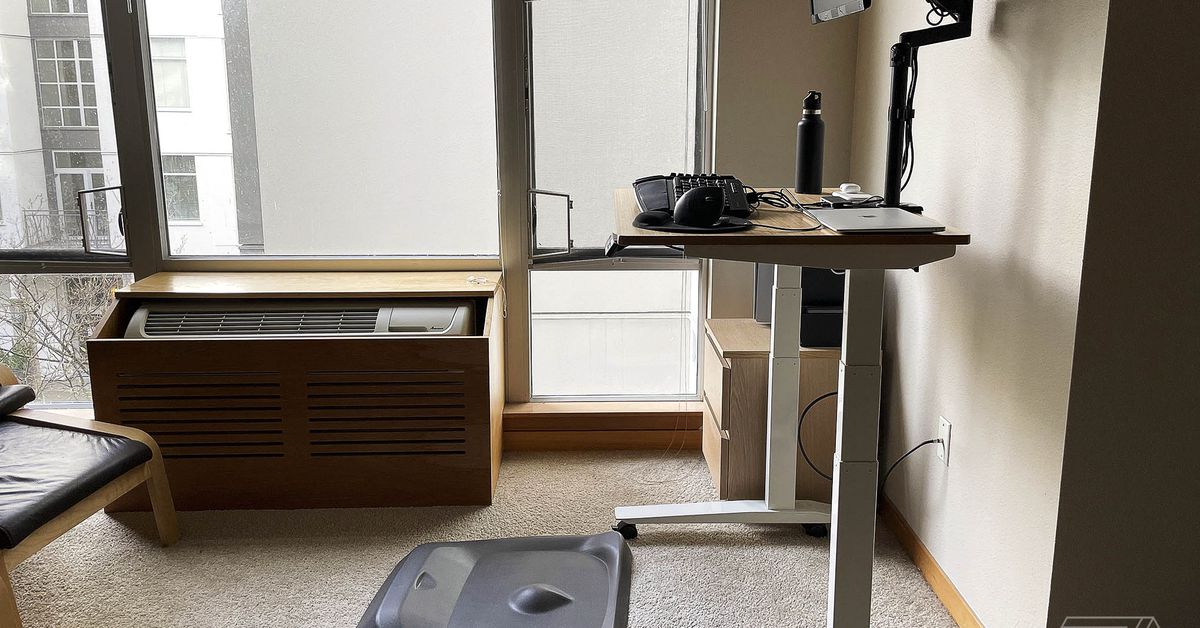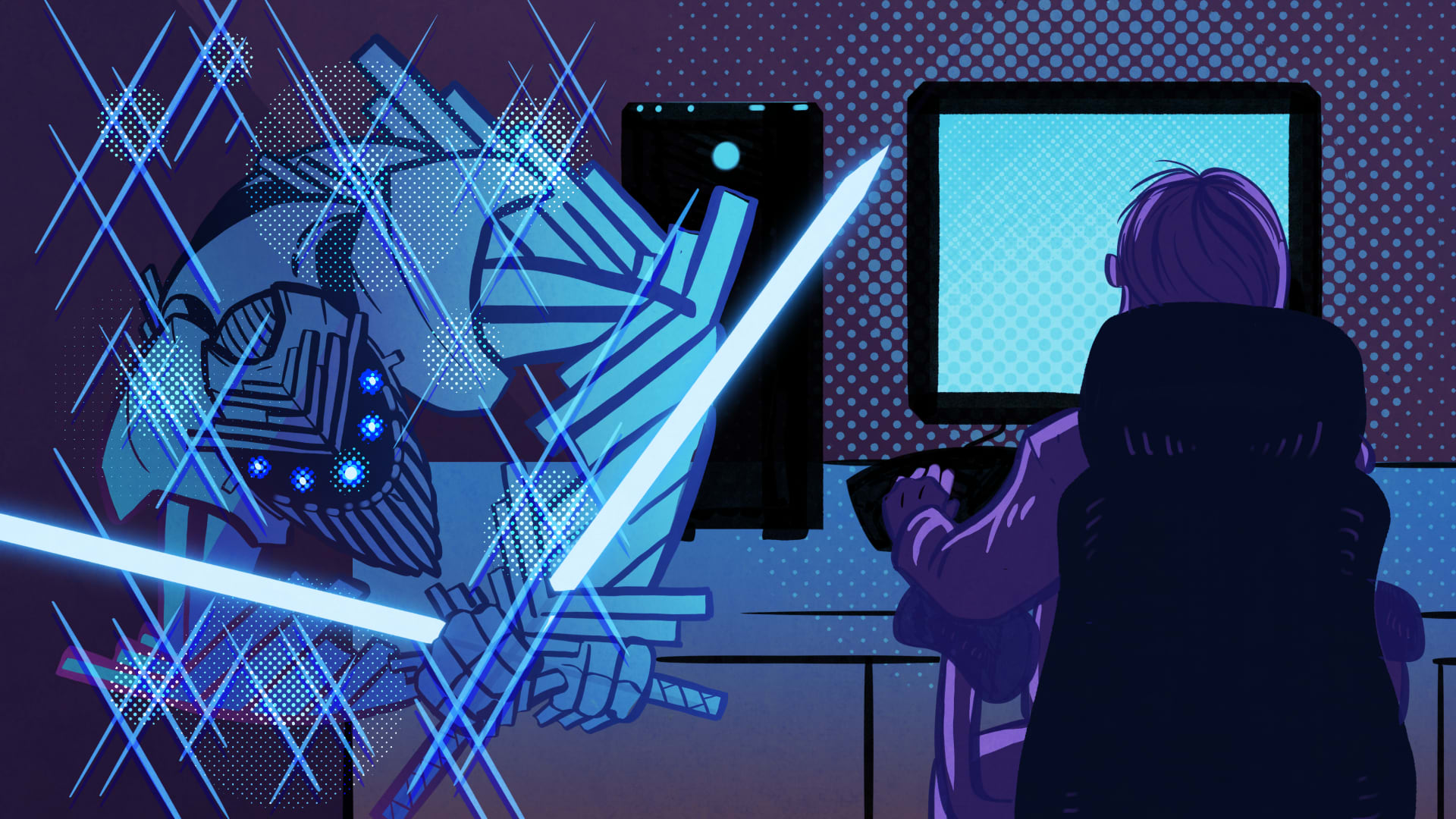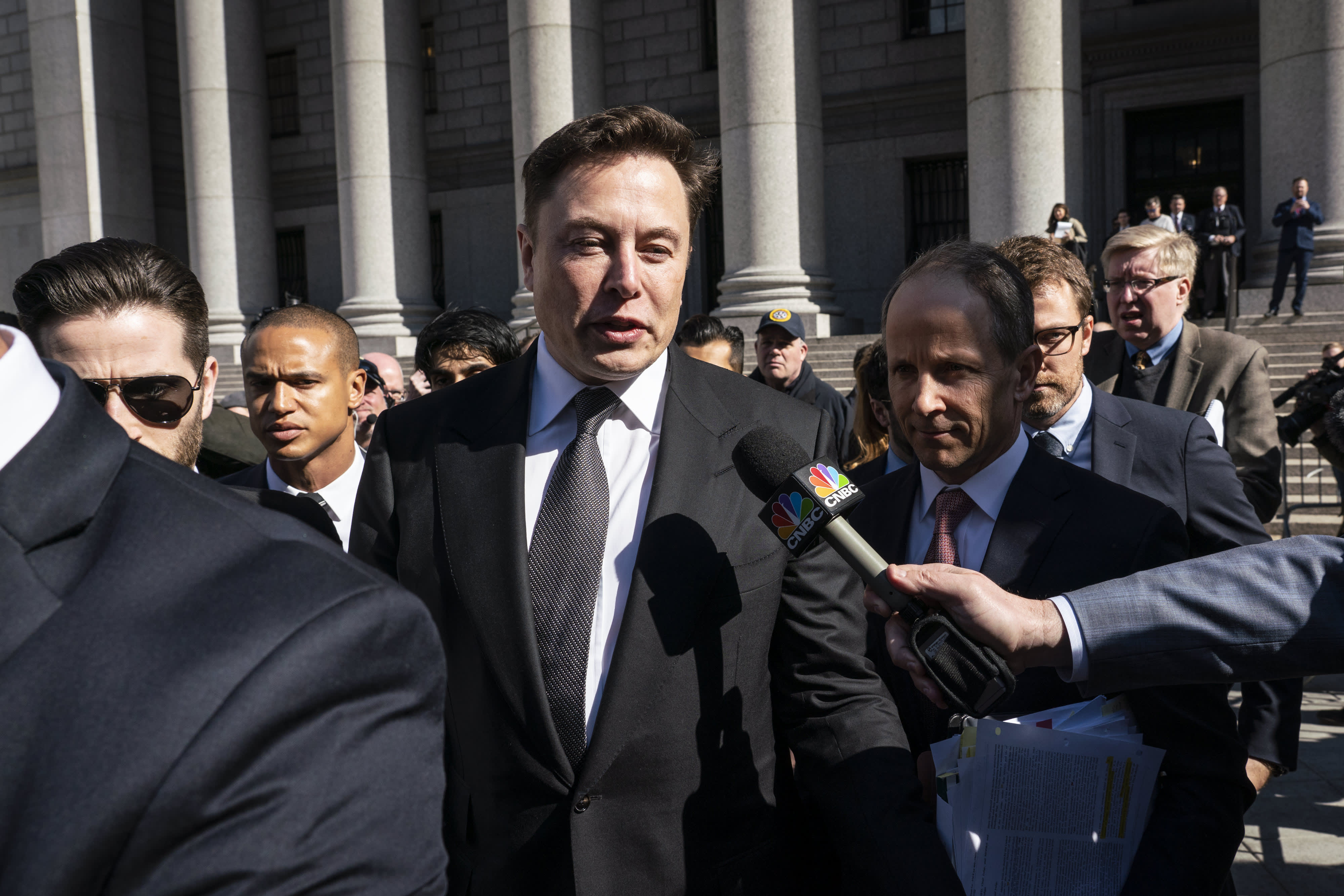Amazon’s The Lord of the Rings: The Rings of Power is small-screen high fantasy done right
Image: Amazon StudiosThe Rings of Power will take you there and back again with some new stops along the way Continue reading…

/cdn.vox-cdn.com/uploads/chorus_image/image/71306759/RPAZ_S1_UT_210324_ROTBEN_00166_R7.0.jpeg) Image: Amazon Studios
Image: Amazon Studios
Filed under:
EntertainmentThe Rings of Power will take you there and back again with some new stops along the way
It almost never bodes well when a studio leads with its desire for a new project to become the Next Big Thing™ the way Amazon has with its ultra-expensive Lord of the Rings prequel series, The Rings of Power, from co-showrunners J. D. Payne and Patrick McKay. But despite its being a product of the ultimate hype machine and the way it banks on you being fondly familiar with New Line Cinema’s movies based on J. R. R. Tolkien’s books, The Lord of the Rings: The Rings of Power is an absolute knockout that brings a vibrant, new energy to the franchise.
Set during the tumultuous days of Middle-earth’s Second Age, The Lord of the Rings: The Rings of Power dives deep into and expands upon the historical events outlined in Tolkien’s The Silmarillion. After countless years of brutal bloodshed to rid the world of orcs and their creator — the first Dark Lord Morgoth — the elves, humans, and dwarves who call Middle-earth home believe that a new era of peace is upon them and that it’s finally safe enough to let their guards down. Though most everyone lost something in the war, The Rings of Power puts particular focus on the elves as it opens to emphasize how much they gave up to defeat Morgoth and because some of them are the show’s most immediately recognizable characters.
:no_upscale()/cdn.vox-cdn.com/uploads/chorus_asset/file/23984840/RPAZ_S1_FG_Still00006_R1_f.jpg) Galadriel and one of her soldiers searching for orcsImage: Amazon Studios
Galadriel and one of her soldiers searching for orcsImage: Amazon Studios
Before she ruled as the Lady of Lothlórien, Galadriel (Morfydd Clark) was one of the many elves leading a carefree, picturesque, and near-immortal life in the land Valinor — a magical place that The Rings of Power takes a surprising amount of time to explore. Like all elves, Galadriel’s as fleet of foot as she is fond of nature’s beauty. Her understanding of the world is far more nuanced than that of beings — humans especially — who simply haven’t lived long enough to see the kinds of things she has. But because so much of The Rings of Power is told from the elves’ perspectives, and at a time when neither Galadriel nor her good friend Elrond (Robert Aramayo) had become Middle-earth legends, the show takes care to present them as complicated, flawed people rather than otherworldly waifs shrouded in mystery.
Galadriel’s warrior spirit and ingenuity are evident from the moment she’s introduced, but it isn’t until her immediate family is touched by death personally that she’s given the freedom to take up arms herself and join the fight against Morgoth’s well-known successor, Sauron. As it’s condensing significant chunks of Tolkien’s lore into a compact montage in its first episode, The Rings of Power initially feels like it might be the sort of show that isn’t quite sure where it wants to focus or what ideas it wants you to keep at the forefront of your mind. But the pace the show moves with as it’s setting its stage actually works as a very effective way of illustrating how elves experience and perceive time very differently than other races who aren’t as long-lived.
By the time The Rings of Power properly kicks into gear, so much time has passed since both Morgoth and Sauron were defeated (for the first time, in Sauron’s case) that the friction between elves and men is more about the elves’ continued presence in Middle-earth and less about the orcs that have seemingly been hunted to extinction. With their mission appearing to be completed, High King Gil-galad (Benjamin Walker) wants nothing more than to send Galadriel and her fellow warriors home to Valinor, if only to have her out of his luxuriously silky hair. But deep down in their heart of hearts, Gil-galad, Galadriel, and a number of The Rings of Power’s other core characters all know that there’s something profoundly evil lurking out there in the world just waiting for the right time to make itself known.
:no_upscale()/cdn.vox-cdn.com/uploads/chorus_asset/file/23984848/S1_EpisodicStill_RPAZ_S1_FG_00250307_Still003_R1.jpg) Some orcsImage: Amazon Studios
Some orcsImage: Amazon Studios
The exact shape and nature of that evil become increasingly clear as The Rings of Power starts to introduce more of its original characters like Silvan elf Arondir (Ismael Cruz Córdova), human apothecary Bronwyn (Nazanin Boniadi), and Elanor “Nori” Brandyfoot (Markella Kavenagh), an adventurous Harfoot whose wanderlust makes her a bit of an oddity. While none of these characters appeared in any of Tolkien’s works, in each of them, you can see shades of the personality types and relationship dynamics that made fans fall in love with this world.
Arondir is no Arwen, and Bronwyn is no Aragorn, but forbidden loves that go against the teachings of their respective people create a poetic, narrative throughline between The Rings of Power and The Lord of the Rings that shines immediately. Nori does read a lot like one of those terminally curious Bagginses who can’t help themselves from taking a peek whenever something out of the ordinary’s going on. But unlike the hyper-domestic Hobbits destined to one day settle the Shire, Nori and the rest of the Harfoots lead somewhat secretive and migratory lives that make it much easier for them to hide from those who would do them harm.
As impressive as many of The Rings of Power’s larger set pieces are, some of the series’ most truly magical moments take place in the Harfoots’ encampment as the diminutive people are springing forth from their hide-y holes — revealing their ingenuity and the sizable amount of work that went into developing practical effects for the show. Even as it follows characters like dwarven prince Durin IV (Owain Arthur) to notable locations that have been spotlighted in previous Lord of the Rings films, The Rings of Power makes them feel new by drawing attention to the fine details of their splendor in their prime.
:no_upscale()/cdn.vox-cdn.com/uploads/chorus_asset/file/23984847/RPAZ_S1_FG_00174919_Still035_R1_f.jpg) Elrond being escorted through Khazad-dûmImage: Amazon Studios
Elrond being escorted through Khazad-dûmImage: Amazon Studios
It’s once The Rings of Power shifts its focus to locations that haven’t been depicted all that much like the Sundering Seas and the bustling human kingdom of Númenor that you really start to get a sense of just how Amazon spent the hundreds of millions of dollars it took to produce the show’s first season. For every one of its VFX-heavy action sequences meant to make you feel the peril The Rings of Power’s heroes are in as they face down all manner of monsters, there are sweeping shots of the New Zealand wilderness trying to remind you of the scale and majestic beauty of this world.
Regardless of whether it’s streaming or airing on traditional networks, it’s rare that a series lives up to its studio’s dreams of it simultaneously feeling like a bingeable TV show and like a big, expensive cinematic event. Between a slate of strong performances, an eye for impactful minutiae, and a solid sense of its own ability to grow beyond the canon that it’s not technically a part of, The Lord of the Rings: The Rings of Power definitely seems like it could be just that.
The Lord of the Rings: The Rings of Power hits Amazon Prime on September 2nd.

 MikeTyes
MikeTyes 






























